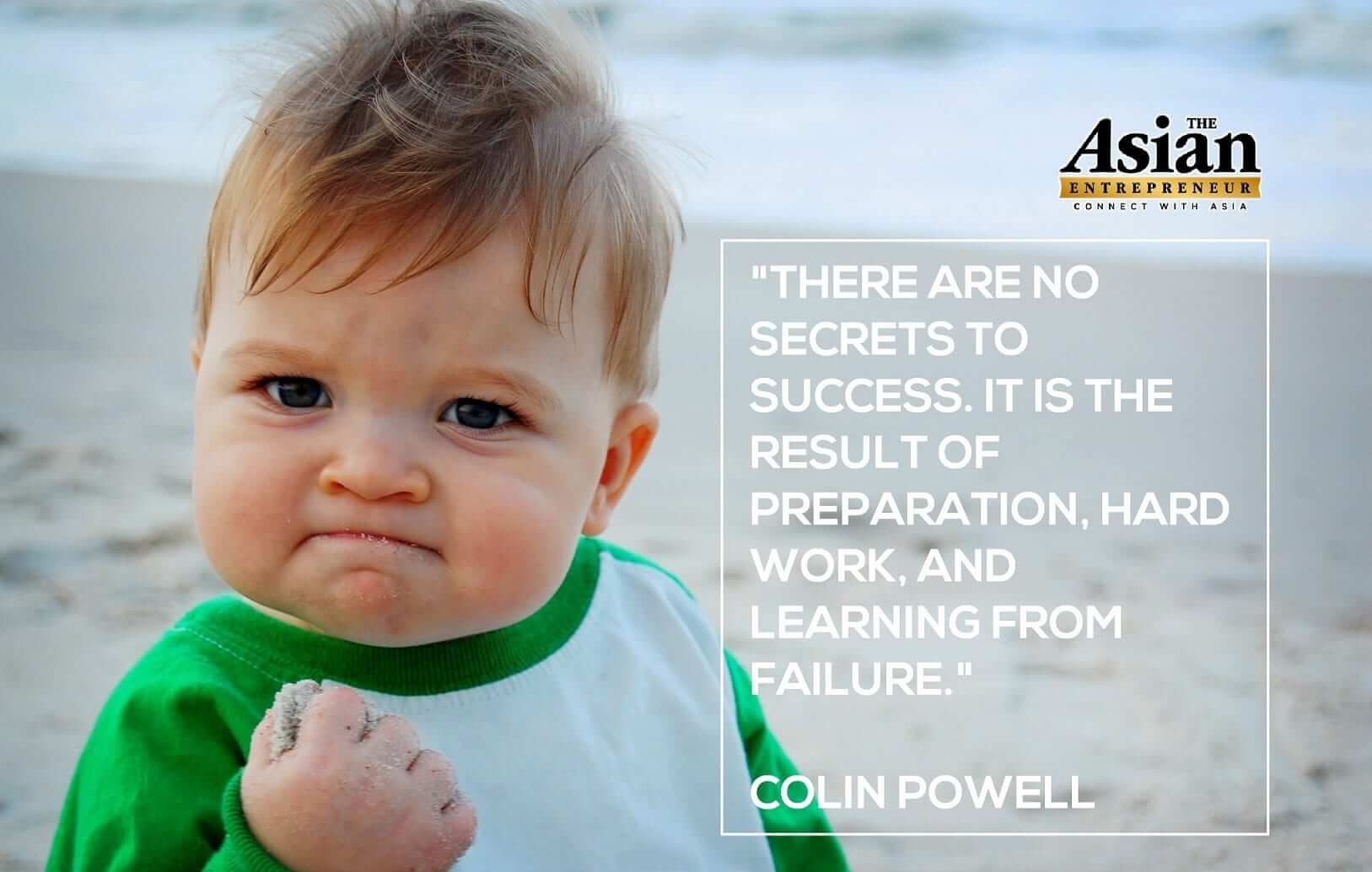Most new entrepreneurs ask themselves what it takes to succeed at least once. Studies have revealed that there are certain characteristics that are common among entrepreneurs who are successful. Those characteristics are described below.
Self-Motivation. Most people wait until someone else tells them what to do. That’s the way our society is organized. If you examine truly successful people you will find that they have a high level of self-motivation. This applies to any calling in life. A person who speaks several languages learned those languages using their initiative. Someone who masters a sport and excels in it, does so through their motivation and determination. We can only achieve success if we like what we do and if we do it using self-motivation and commitment.
Burning Desire. Successful entrepreneurs almost universally report that they want to be their own boss so badly they can “taste it”. This desire propels them to do what needs to be done – regardless of how pleasant or unpleasant the task is.
Initiative. “If it’s to be, it’s up to me” is the motto in the entrepreneurial world. Nothing happens unless you make it happen. Initiative is a daily, even an hourly, matter. There are all sorts of things that require action. Many unsuccessful business people procrastinate about taking action on critical matters.
High Energy Level. Successful entrepreneurs just can’t sit still for a minute. They must always be doing something.
Perseverance. Successful entrepreneurs are determined to win, to be successful. They keep going when the going gets tough. Even roadblocks and dead ends don’t discourage them. They just learn to adapt and change and revise their goals so they can ultimately achieve success.
Responsibility and Self-Discipline. Winners realize that if they are to be successful, they are the only ones who can make it happen. No one else is going to do it for them. Until you accept full and total responsibility for your future, you’ll not have much of one.
Problem Solver. The person who is not able to face problems and solve them in stride, without allowing them to affect him or her personally, will be unhappy in entrepreneurship.
Ability to Work Without a Lot of Help. As an entrepreneur, particularly a beginning one, you have little support, such as secretaries, accounting department, marketing representative. You’re it! Some people just cannot operate on their own. They have been pampered too long.
Thrives on Ambiguity. Structure and certainty are seldom found in the entrepreneurial world. You must exist and prosper in an environment that is confusing and has few answers. While others are frozen into inaction by the confusion, entrepreneurs plunge into the maelstrom with confidence that somehow they will find ways to cope with whatever problems they encounter.
Persuasive. Successful entrepreneurs must persuade other people to do all sorts of things for them: lend them money, work hard for them, buy from them, and sell to them on favorable terms. Persuasion is their main tool. If you are not adept at the art of persuasion, then make certain that you have someone on your team who is. You must have selling skills in your organization.
Understands the Value of Money. It is difficult to be successful in business if you pay too much for the things you buy and fail to get enough for the things you sell.
Self-Confidence. It takes a great deal of self-confidence to break away from the pack and go it alone. So it is not surprising to find that most successful entrepreneurs are very self-confident. They believe in themselves and have confidence that somehow they will solve whatever problems arise. They don’t become paralyzed with fears.
Market Awareness. One of the most significant discriminating characteristic of an entrepreneur is his or her sensitivity to market opportunities. It is true that many people can be surrounded with tremendous market opportunities, yet fail to perceive their existence. One mark of entrepreneurs is that at every turn they see an opportunity to make some money.
Goal Setting Practitioner. Successful entrepreneurs set goals, put them in writing and develop step-by-step plans to achieve them.





























